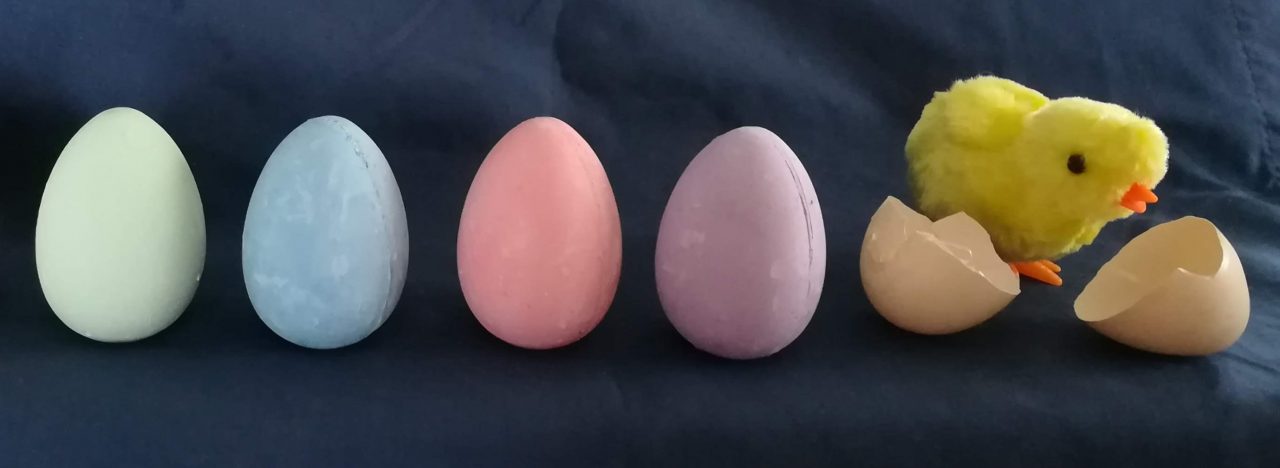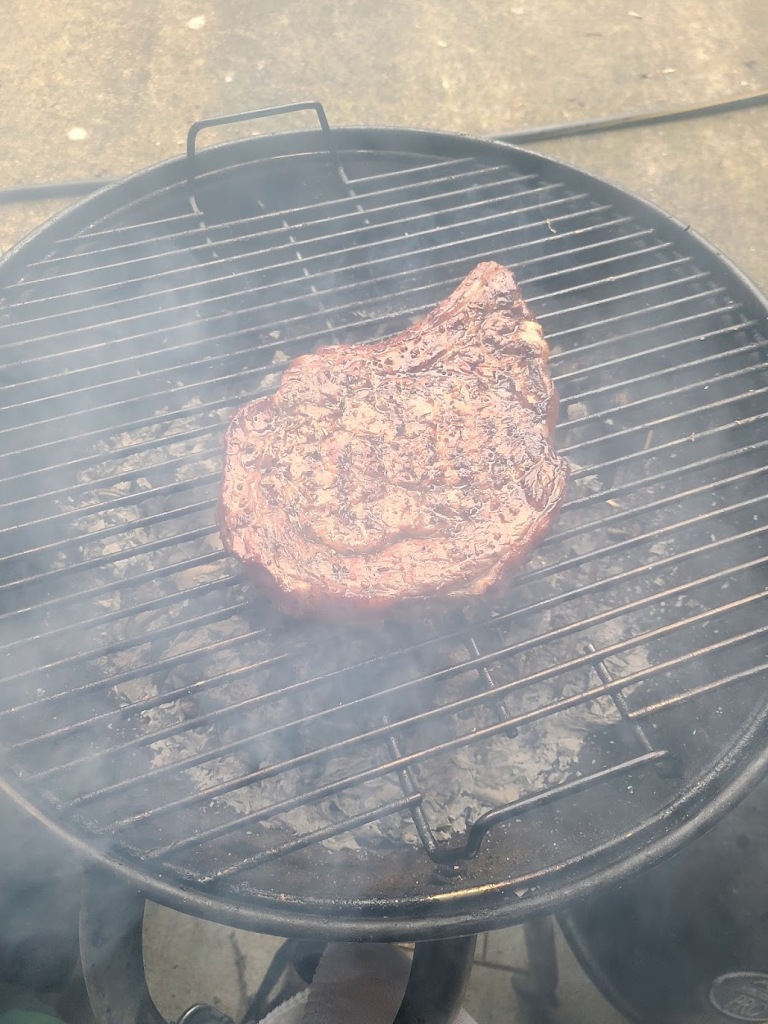Food, Fuel, Finances . . . warnings of Stagflation, prices predicted to rise this winter for energy, everyday necessities, et al can cause some emotional and mental stress. It’s a good time to think about what we can do to mitigate possible difficulties.
Food
Fall is typically the time you can can/bottle/preserve/pickle . . . squirrel away supplies for the winter. What they do instinctively we can do intentionally: invite your kids to take a class in food preservation with you and have a family activity to practice the skills. You can make it fun, involve all in whatever is appropriate to skill level, have teams and a friendly competition, or as a family service project to elderly family, friends, neighbors. Consider using what you produce as Christmas/Holiday gifts.
Around the Holidays grocery stores have typically had sales on canned goods and cooking/baking supplies. It might be a good time to consider how to cleverly gather and store more–at least a 2 week supply at home, a 72 hour grab ‘n go kit (including food and water for pets) . . .
Fall is also a great time to prepare your place for gardening . . . soil enhancements that can improve over the winter, consider what to plant where and how . . . Read some fun kids books or helpful gardening books over the winter.
Fuel
For most of our urban society, storing vehicle fuel isn’t possible. But some time considering how to make the most of each trip you have to make makes sense. If you are planning to purchase a vehicle or appliances, it’s nice to give thought to energy efficiency.
In case you have to conserve household heat (or if friends, neighbors, elderly folk you know are in that situation), consider snugglies for gift giving . . . quilts, blankets, sweaters, warm wear . . . maybe moreso than usual at this time of year. You may need to give these gifts before the usual holidays. Beside improving insulation around doors and windows, you can get insulating drapes. If you need to keep just one room warm, which would be easiest to do so?
In case of energy emergencies, I think it best not to put all the eggs in one basket: have more than one kind of fuel or heat (and summer cooling), if possible. Don’t forget safety issues. Research a little online–RV or emergency solar panels and batteries, propane generators . . . all have pros and cons to be carefully weighed with your situation in mind. Probably any type of fuel will be hard to get when the time comes. Don’t wait to buy a snow shovel and ice melter until the blizzard.
Finances
Of course a budget is always essential. But this year it may more than ever need to have room for potential difficulties. Don’t count on the rest of the year to pay off holiday gift giving. A greater gift to the family is sound finances and saving for rainy/snowy/stormy days ahead. If it turns out it’s not needed after all, what a bonus! It’s a good time to discuss these things as a family and help to prepare the growing generation for grown-up responsibilities.
Skills
We are losing the generation that lived through The Great Depression, but I hope your family has some stories about how the survived the financial hardships they faced. I think it’s worth learning something about the way they solved problems or accomplished things without so many “power” tools (I mean in a wider sense). How did they make the most of limited resources–food, fuel, finances . . . ? It’s a great time to encourage creativity, engineering, problem solving . . .















